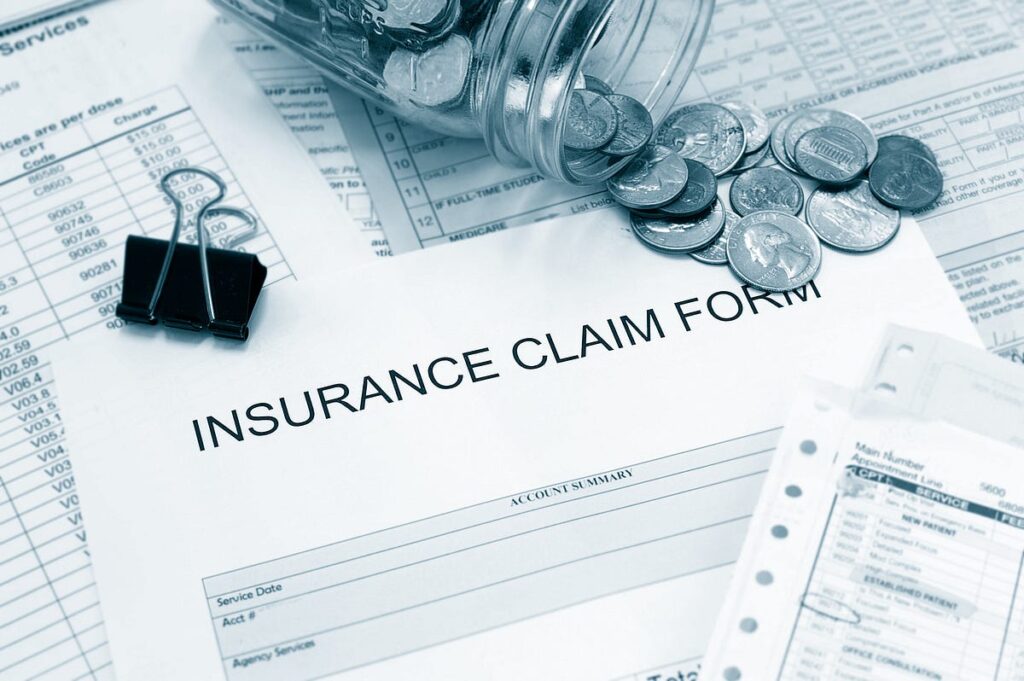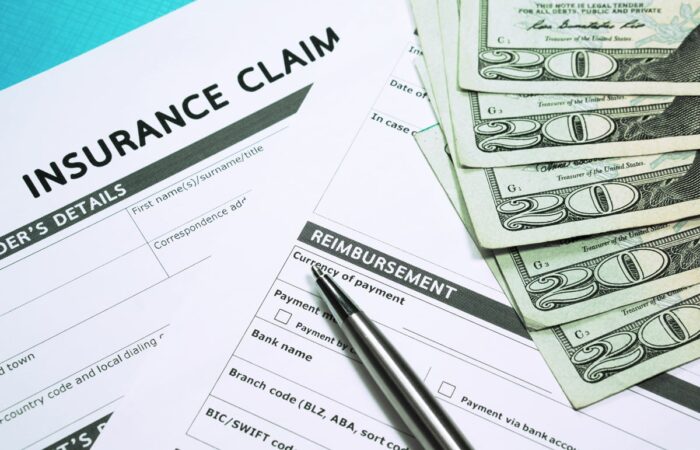Hurricanes unleash chaos, wreaking havoc on properties and leaving homeowners and business owners scrambling for justice. Filing hurricane wind damage insurance claims can feel overwhelming. Yet, with the right strategies, you can reclaim your losses.
This guide will equip you with actionable steps to navigate the process and secure the compensation you deserve.
1. Decode Your Insurance Policy

Deciphering your policy is essential before hurricane season arrives. Policies often fragment coverage into different sections. For example, windstorm damage might sit under your homeowner’s policy, while flooding could require a standalone policy.
Scrutinize the fine print for terms and limits on your coverage. Know the exact deductible for hurricane-related damages. In many regions, hurricane deductibles outstrip standard ones. If the policy confuses you, consult your insurer or a professional. Clarifying these terms beforehand prepares you for the filing process.
If the policy confuses you, consult your insurer or a professional. Clarifying these terms beforehand prepares you for the filing process. For guidance, consider avoiding common mistakes when choosing a property damage lawyer to ensure you’re fully protected.
2. Chronicle the Damage
Once the storm subsides, start chronicling hurricane damage for insurance purposes. Thorough documentation lays the foundation for a compelling claim.
- Snap high-quality photos and record videos of all affected areas—roofing, windows, fences, and outdoor structures.
- Detail interior destruction caused by wind-driven rain or debris crashes.
- Catalog ruined furniture, appliances, or equipment meticulously.
Keep an itemized list with purchase details, descriptions, and costs. This hurricane property damage documentation solidifies your claim and ensures nothing gets overlooked.
3. Initiate Your Claim Swiftly
Hesitating to file your claim can muddy the waters. Most policies stipulate strict notification periods. To stay ahead:
- Alert your insurance provider as soon as conditions stabilize.
- Furnish all relevant documentation promptly.
- Adhere to the insurer’s claim submission protocols.
Acting swiftly sharpens the timeline for claim processing and curtails disputes over late notifications.
If you need tailored residential assistance, explore our trusted solutions for residential property damage to simplify the process.
4. Sidestep Common Pitfalls in Hurricane Damage Claims

Small oversights can undermine your efforts. Here are key missteps to dodge:
- Jumping into Repairs Prematurely: While temporary fixes to prevent further destruction are valid, hold off on major repairs until the adjuster surveys the damage.
- Neglecting Receipts: Save every receipt for temporary accommodations or quick fixes. These expenses may qualify for reimbursement.
- Trusting Verbal Promises: Insist on written confirmations for any agreements. Verbal assurances often unravel later.
Avoiding these traps fortifies your claim and smooths the process.
5. Collect Extra Evidence
Bolster your claim with supplemental proof beyond visible damage:
- Ownership Proof: Provide receipts, warranties, or appraisals of damaged items.
- Pre-Storm Photos: Use old images to showcase your property’s condition before the storm.
- Weather Data: Gather reports detailing the hurricane’s strength and path to corroborate your claim.
A wealth of evidence empowers you to counteract skepticism from insurers.
6. Collaborate With the Adjuster
Your insurer will dispatch an adjuster to evaluate your property. Optimize this interaction:
- Accompany the Adjuster: Walk them through the site and underscore key damage points.
- Present Documentation: Share your photos, videos, and inventory records.
- Challenge Inaccurate Assessments: If the adjuster undervalues the damage, seek a second opinion.
Remember, adjusters work for the insurer—not you. For an impartial assessment, consult a commercial property claim lawyer in Pensacola or hire an independent adjuster.
7. Steps to File a Hurricane Damage Insurance Claim
Filing a hurricane claim involves a methodical approach:
- Notify your insurer promptly.
- Compile and submit extensive damage documentation.
- Share an itemized inventory of losses with supporting evidence.
- Facilitate the adjuster’s inspection.
- Persistently track the claim’s progress.
Mastering these steps ensures a smoother process and maximizes your chances of success.
8. Negotiate for a Just Settlement
Insurers often undercut compensation in their initial offers. Resist settling for less than what’s needed to repair or replace damaged property.
Cross-check the insurer’s estimate with contractor quotes. If the payout is insufficient, negotiate confidently. Substantiate your request with hard evidence, and don’t shy away from legal support when necessary.
9. Prepare Proactively for Wind Damage
Proactive steps can mitigate destruction and simplify future claims:
- Catalog Belongings: Maintain an updated inventory of your possessions, complete with receipts and photos.
- Fortify Your Property: Install hurricane shutters, reinforce roofs, and store outdoor items indoors to minimize potential damage.
- Verify Your Coverage: Ensure your policy sufficiently covers your property’s risks.
Preparedness streamlines claims and expedites compensation after a storm.
10. Seek Guidance When Stumped
If your insurer stalls, denies, or shortchanges your claim, don’t hesitate to seek legal counsel. A seasoned attorney can interpret your policy, negotiate fiercely, and advocate for fair treatment.
Whether residential or commercial, a Pensacola commercial insurance coverage lawyer is invaluable for complex cases.
11. Focus on Hurricane Helene’s Unique Impact
Hurricane Helene ravaged properties with unrelenting wind gusts, battering businesses and homes alike. Highlight the storm’s particular impact in your claim.
Use local weather reports and damage patterns to provide additional context and strengthen your case.
Summing it Up
Filing hurricane wind damage insurance claims doesn’t have to be a nightmare. With preparation, thorough documentation, and timely action, you can recover what you’re owed. By following these hurricane damage claim tips, you’ll build a watertight case.
Facing roadblocks? Tarnovsky-Lopez Law is here to help. Our dedicated attorneys specialize in hurricane claims and fight for fair compensation. Contact us today to secure the support you need for your claim.






